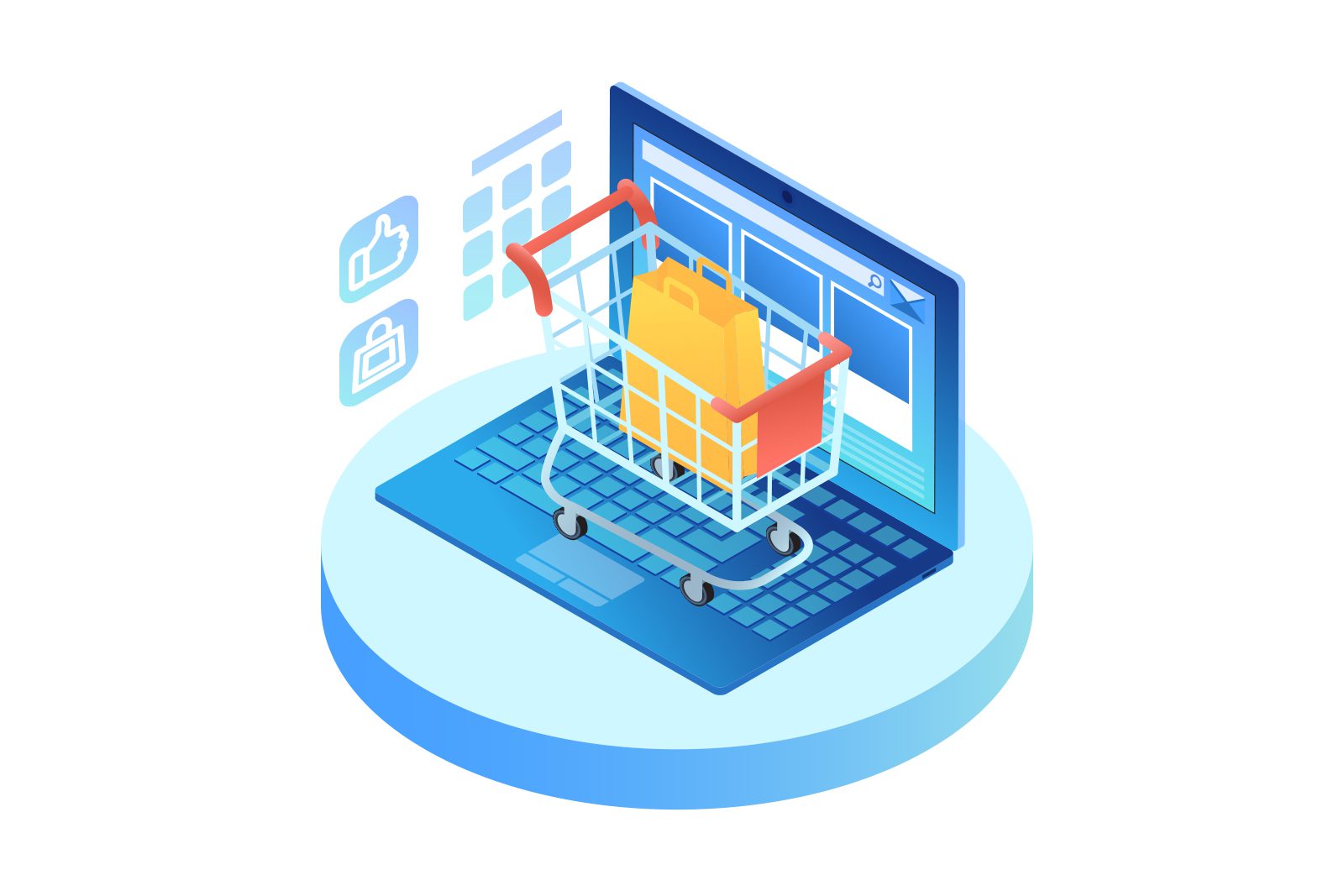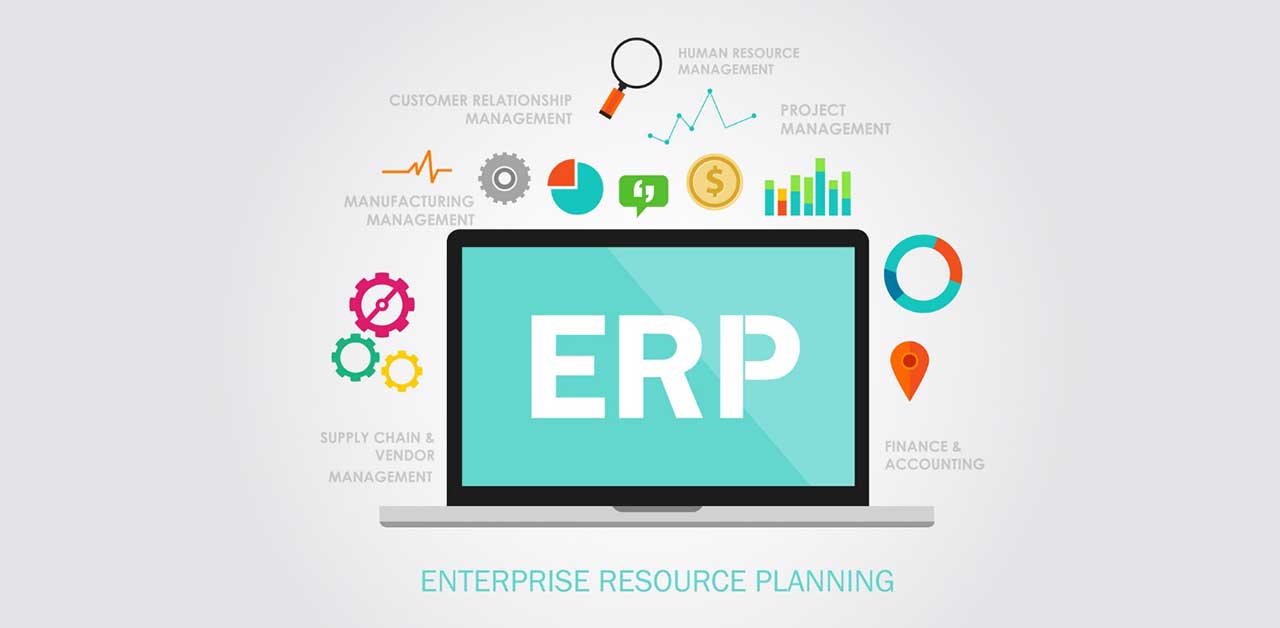Share
Read also
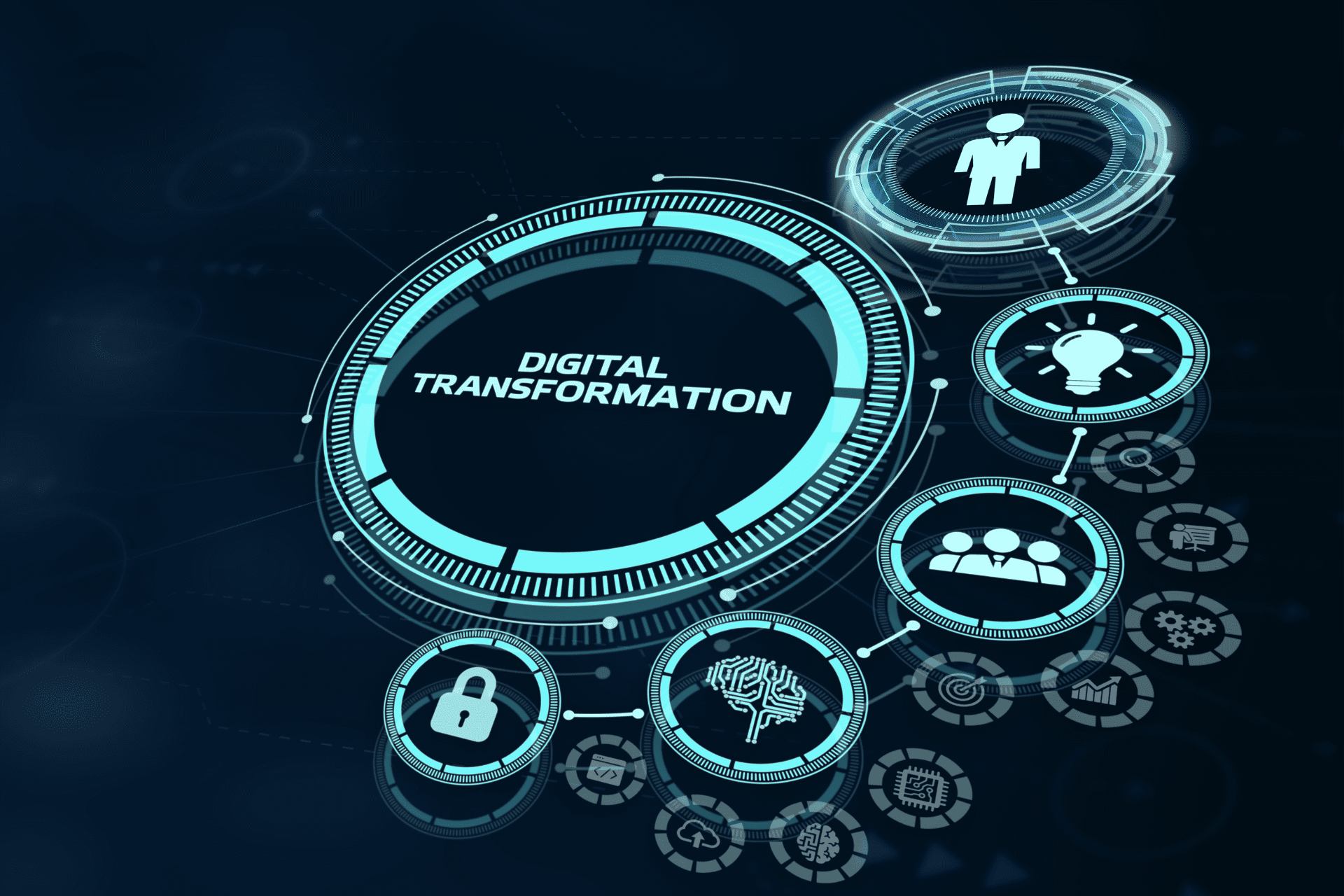
Trends & Views
Digital transformation strategies
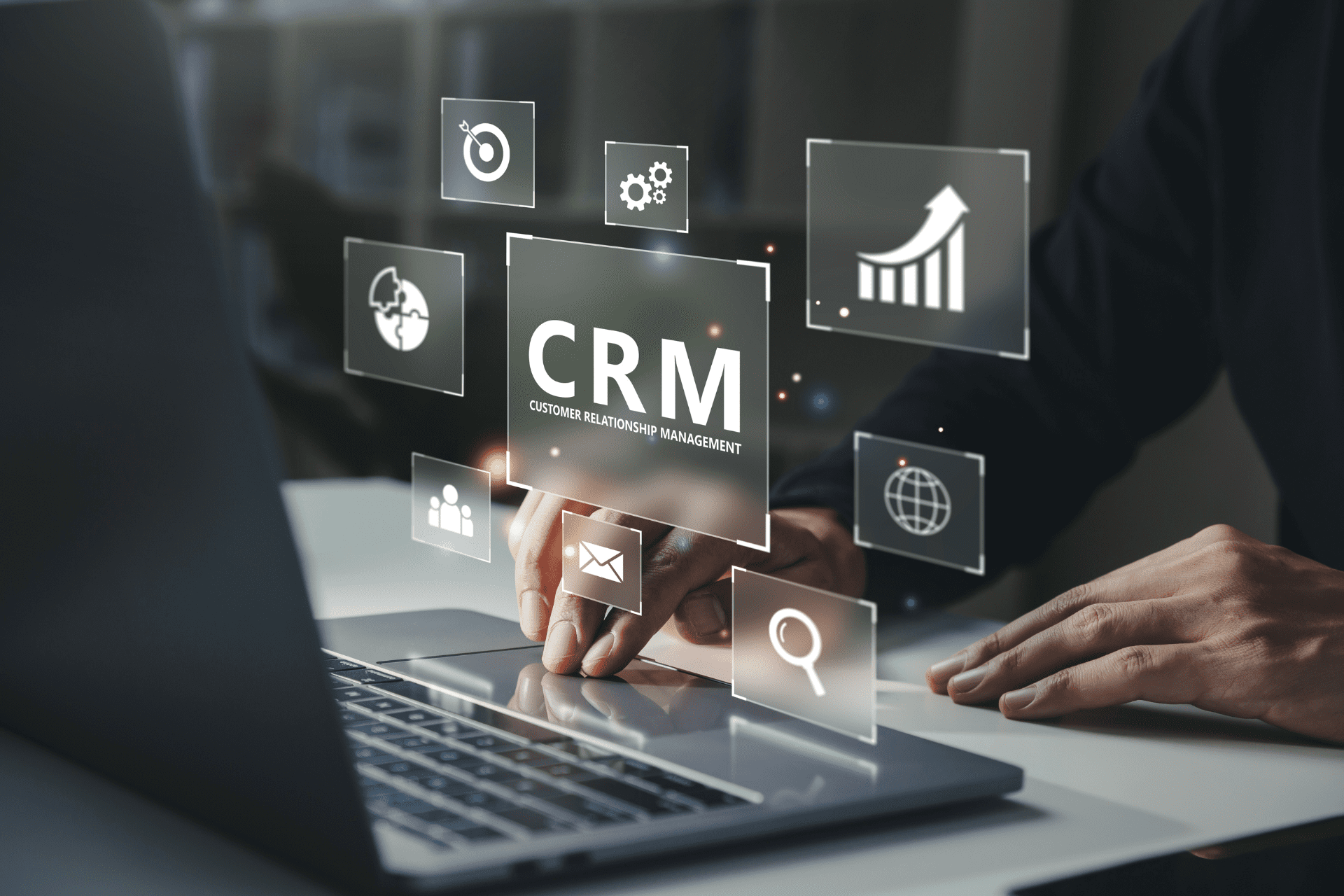
Business Software
CRM 2025 market: Response to increasing customer demands
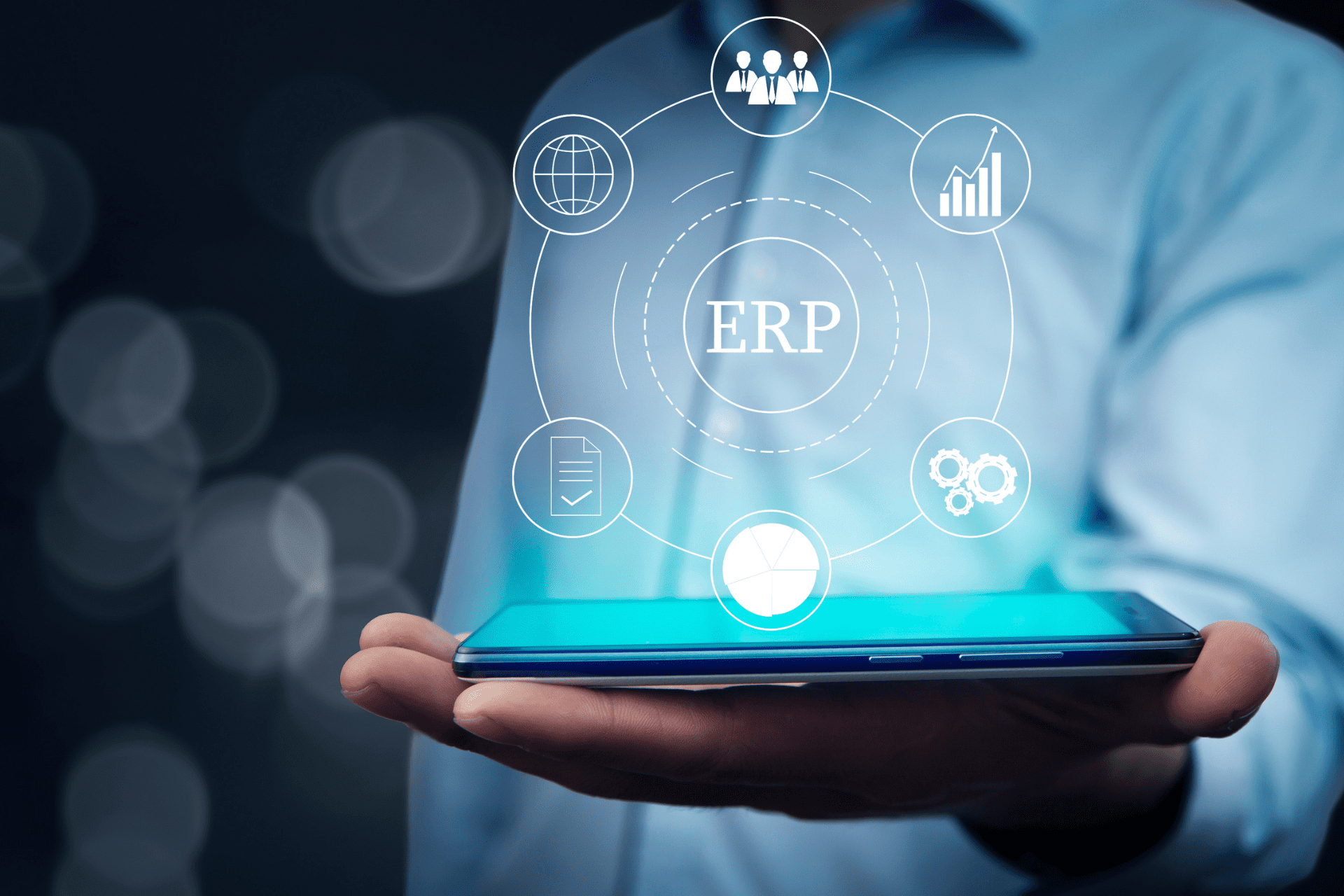
Business Software
Understanding the ERP lifecycle management

Mobility
How is EM shaping the way SMBs operate?
As it will become evident from the below points, integrating ERP with e-commerce is crucial for any organization that wants to remain competitive.
Eliminating human errors
The integration of ERP and e-commerce essentially eliminates the possibility of human errors and omissions that can prove damaging for organizations. The most common errors are related to non-automated processes and include wrong order quantities, wrong addresses, wrong inventory status, missing or wrong information, and wrong prices and updates, leading to additional cost, lost sales and – ultimately – dissatisfied customers.
Real-time data
With ERP/e-commerce integration, you will never again be faced with the issue of accepting online orders for products that are out-of-stock. The inventory data in your ERP system will be updated in almost real-time based on the quantities sold/ordered on your e-commerce site and, at the same time, you will have access to valuable insights on the availability of your inventory, at any time, thus being able to make the right decisions and – consequently – reduce the possibility of losing sales opportunities and customers.
Greater control and better insights
Engaging with customers and understanding their needs is of vital importance. Having access to e-commerce data through your ERP system makes it easier to estimate product demand based on demographics, allowing for better budgeting and planning, as well as for a more efficient marketing strategy.
Customer satisfaction
Having up-to-date product info, proper tracking details and accurate inventory status information on your web store will help you not only increase your business efficiency, but also improve your customer satisfaction rates. The feedback of a satisfied customer can be more beneficial for your business than any other marketing strategy.
Reduced operating expenses
The integration of ERP and e-commerce leads to significantly lower expenses. There is no need to hire additional personnel to manage your e-commerce site in terms of updating prices, products, and photos. Displaying orders, updating information, and billing customers are all done automatically, which translates into reduced labor costs and, at the same time, eliminates any hidden expenses due to human errors.
